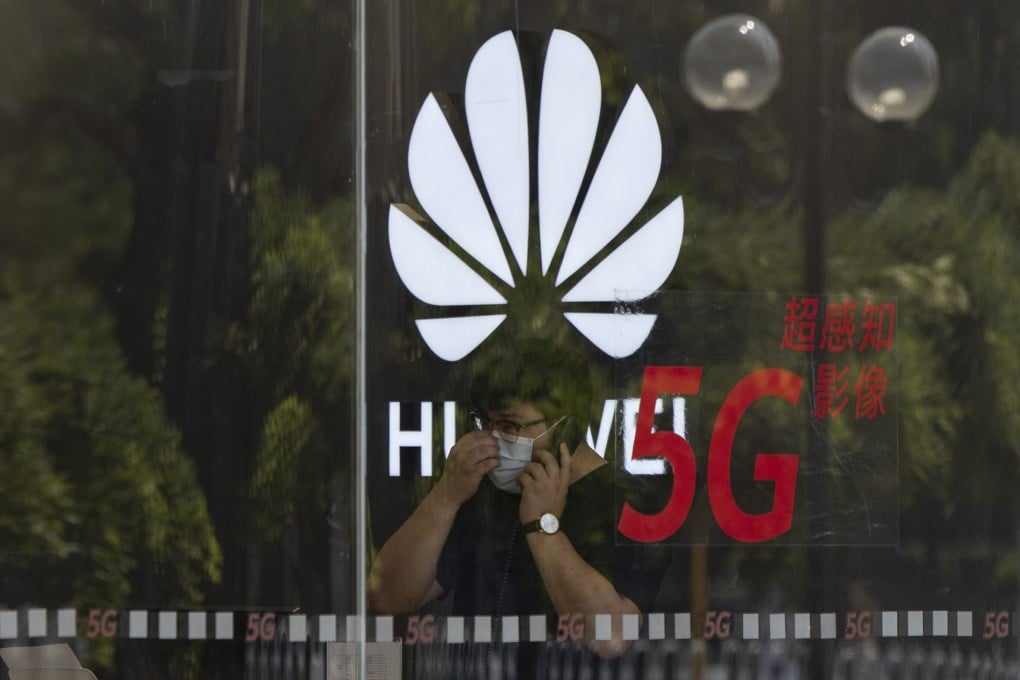Advertisement
Inside China Tech: Huawei faces shaky prospects in Europe after Britain’s 5G ban
- All existing equipment supplied by Huawei to mobile network operators in Britain will be phased out by 2027
- That may put pressure on other European governments, including Germany, as they prepare to make similar decisions over their 5G infrastructure roll-out
Reading Time:4 minutes
Why you can trust SCMP

Hello, This is Bien Perez from the SCMP’s Technology desk, with a wrap of our leading stories this week.
Huawei Technologies, the world’s largest telecommunications equipment vendor, faces shaky prospects across Europe’s vast 5G market after the British government banned the company’s gear from its next-generation mobile infrastructure.
Britain’s move focuses attention on Germany, where pressure is growing in the legislature to act against Huawei, according to James Lewis, director of the technology policy programme at the Centre for Strategic & International Studies in Washington.
Advertisement
Under Britain’s new 5G roll-out plan, the country’s mobile network operators will not be able to buy any new Huawei equipment for their 5G infrastructure after the end of this year. All existing equipment supplied by the Shenzhen-based company will be removed from Britain’s 5G infrastructure by 2027.
It overturned London’s decision in January to allow Huawei up to a 35 per cent share in the non-sensitive parts of Britain’s 5G mobile networks, which was made amid the Trump administration’s pressure to block Huawei in major telecoms markets.

02:27
UK bans Huawei from 5G network after US sanctions
UK bans Huawei from 5G network after US sanctions
That may put pressure on other European governments, including Germany, as they prepare to make similar decisions over their deployment of 5G – the next-generation mobile technology that will help power advances such as the industrial internet, autonomous driving and smart cities.
Advertisement
Select Voice
Select Speed
1.00x